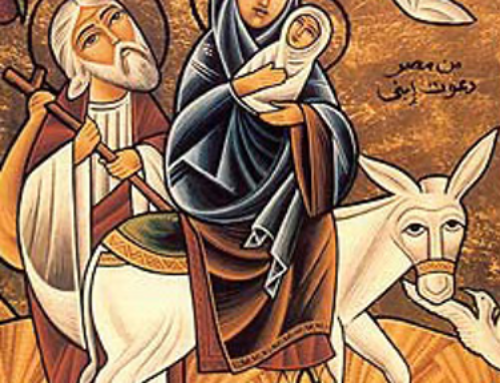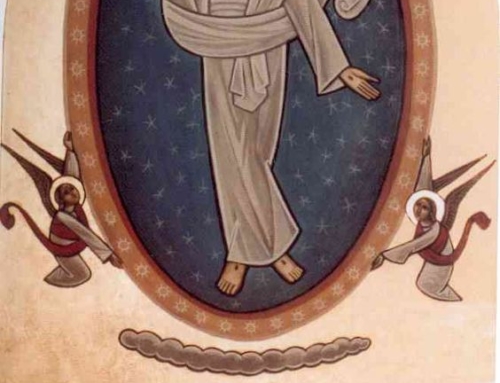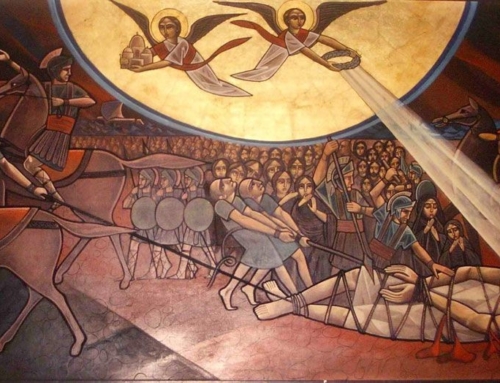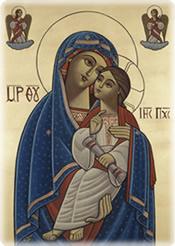
The Copts have seasons of fasting matched by no other Christian community. Out of the 365 days of the year, Copts fast for over 210 days. During fasting, no animal products (meat, poultry, fish, milk, eggs, butter, etc.) are allowed. Moreover, no food or drink whatsoever may be taken between midnight and sunset.
There are seven fasting seasons practiced by the Coptic Church throughout the year, they are:
- The Advent (Fast of the Nativity)
- The Paramoni,
- The Fast of Nineveh.
- The Great Lent
- The Fast of the Apostles
- The Fast of the Virgin Saint Mary.
- The fast of Wednesday’s and Friday’s There are rules for the fasting, that rules are strict, but those strict fasting rules are usually relaxed by priests on an individual basis to accommodate for illness or weakness.
On Monday 25th November 2008 (16 Hatour) the Coptic church started the Advent or Fast of the Nativity. That fast is for 43 days which will end on 7th January 2009, the day we celebrate the birth of our Lord Jesus Christ.
Fasting of the Coptic church is consider as:
- Spiritual practise
- Spiritual preparation for feasts so that we feel the joy of the feast.
As we all know the desire of the body is against the desire of the soul, so fasting is the road of the soul as we reduce the desire of the body by fasting. We should all take care of the soul more than the body as the body will die one day and will be buried and become dust because it came from dust. But the soul is always alive. Once it leaves the body it will go to heaven and rejoin again with the body on judgement day.
Fasting according to the Coptic Church means:
- We should not eat any food that contains any ingredients which come from an animals’ source (meat, milk, cheese, egg, etc).
- We should abstain from food or drink for several hours each day.
The word breakfast is only used when you eat after a period of fasting. So, you are breaking the fast by eating. The word will therefore be break-fast.
The Advent
At the Advent or Nativity fast Coptic Church allows the congregation to eat fish. Advent is related to Christmas and the word advent comes from Greek routes and means “coming”, which is why we say we are preparing ourselves for the coming of the birth of our Lord Jesus Christ. There are 2 comings of our Lord Jesus Christ:
- The first coming to save the world
- The second coming to judge the world
The history of Advent
When did advent start to be practised in the Coptic church?
Despite some people saying that advent has been practised by the church since the early years of Christianity, some other people have said that it came in to existence in the Coptic Church by Pope Khristozolos the 66th in the 11th century.
It has been said that this fast started in the Western church in France and then Italy, then Spain and then spread to other churches in the East.
When Advent started to be practised in the 6th century it was for 6 weeks. This is so it could be similar to the Great Lent. But they used for fast 3 days a week which were Monday, Wednesday and Friday.
Before the 4th Century the Copts used to celebrate the Nativity and Epiphany together in one day. Pope Athanasious the Apostolic separated them in the 4th century. (Christmas 7th January, Epiphany 19th January). The Nativity fast used to be 40 days and later on 3 more days were added to make it 43 days.
The 40 days: Going through the history we can spot 4 fasts of the 40 days. These are as follows:
- Moses fasted 40 days to prepare himself to receive the law of the Lord (Word of God)
- Elijah fasted 40 days so the heaven gave rain to give life to the plants.
- Our Lord Jesus fasted 40 days before be began his missionary.
- A new priest should fast 40 days before starting his priesthood service.
The 40 days of Nativity fasting is to prepare ourselves to receive the Word of God, our Lord Jesus Christ. The 3 days added later: This is because of the miracle of moving the Al Moqatam mountain in Egypt at the time of Pope Afram Ibn Zaraa (62) 968. The people of upper Egypt used to fast only during Kiak, and Pope Ghabriel the 8th fixed it at the church in 1602 and this is still used now.
There have been some changes made to the length of fasting by some other churches:
- The Assyrians reduced fasting from 24 days to 10 days
- The Armenians fast only 6 days.
But the Coptic church still stick to 43 days which is the actual length of fasting.
The Nativity fast always begins on 24th November (25th every 4 years), which is the second day of St. Mina’s fast.
The ritual of Advent
Advent is less strict than Lent or Paramoni or Holy week as the church gives permission for the Congregation to eat fish. (The same as the fast of the Apostles and St. Mary). We should notice the following:
- There are no marriages or parties during the fast as this is the church regulation.
- The blessed month of Kiak always comes during the fast and that month has its own prayers and rituals.
- At the end of this fast the church fasts the day or days of Paramoni which means that we should not eat meat or any animal products.
The word Paramoni means preparation and it could be one day, or two, or even three according to the day of Christmas. If Christmas (7th January) falls on a Wednesday or Friday then the Paramoni will only be for one day (Thursday) and there will be no fasting on the Wednesday as it is one of the major feasts. If Christmas falls on a Monday then the Paramoni will be for three days (Friday, Saturday and Sunday).
The relation between advent and Christmas:
- Advent is a preparation for Christmas, as Moses fasted for 40 days to receive the written Word of God, so we too fast to receive the Word of God, our Lord Jesus Christ.
- While we are fasting and wait for Christmas we remember the mercy of God for the human being, Adam, the first sinner who was rejected from the paradise. But Adam the second (Jesus Christ) was incarnated for our salvation.
- We notice that the night hours (dark) are longer before Christmas and after Christmas day light starts to get longer. This symbolises the New Testament.
May the advent be a blessing for us all and a good preparation to receive Jesus in our lives.
Deacon Ekladious Ibrahim

